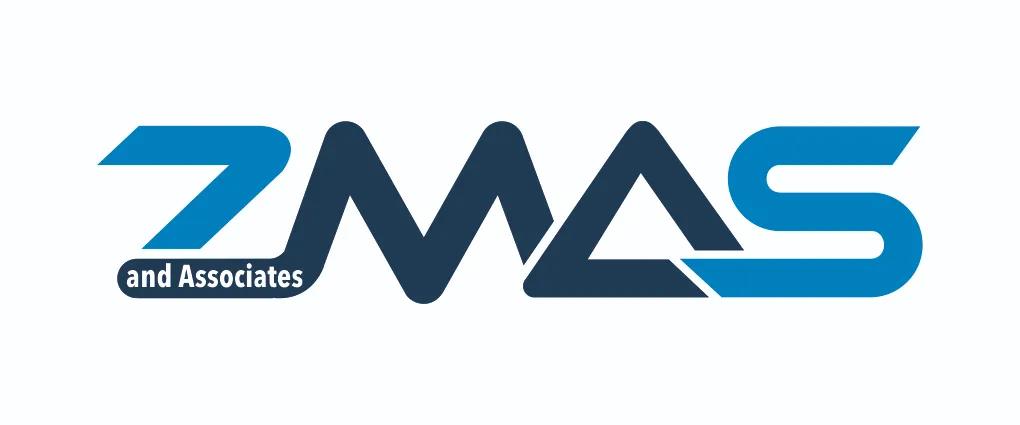If you think integrity risk is just another corporate buzzword, think again. In today’s business world, companies face immense pressure—not just from regulators, but from shareholders, customers, and even employees—to uphold ethical standards. A single misstep can lead to financial loss, legal trouble, and long-term damage to your reputation. So, what can businesses do to manage integrity risks effectively? Let’s break it down.
Table of Contents
What Exactly Is Integrity Risk?
Integrity risk is, at its core, the risk of unethical behavior within an organization. This could be anything from employees committing fraud to executives manipulating financial statements or engaging in bribery. It also includes the unauthorized use of company resources, illegal acts, and perhaps most dangerously, reputational damage that can shake public trust. Once that trust is gone, it’s incredibly difficult—and expensive—to rebuild.
Picture this: A major retail company is exposed for using child labor in its supply chain. Even if the practice was legal in the country of manufacture, the public outcry is deafening. Customers boycott, investors pull out, and within months, the company is struggling to recover. That’s integrity risk in action.
Taking Integrity Risk Seriously—Before It’s Too Late
Most businesses only think about integrity risk after a scandal erupts. But by then, it’s too late. The damage is done. A smarter approach is to anticipate potential threats before they become real problems. This starts with understanding where risks exist within your organization.
Take financial fraud, for example. It might begin with small ethical compromises—a slight exaggeration on an expense report, an overlooked discrepancy in the books. Over time, these small actions can snowball into a full-blown scandal. The same applies to management fraud. Executives might justify financial misreporting as a short-term fix to meet shareholder expectations, only to find themselves trapped in a cycle of deception.
Beyond fraud, illegal acts pose another major risk. It’s not just about breaking laws—it’s about how the world perceives your company. A business that skirts environmental regulations, for example, might not face immediate legal consequences, but the reputational fallout can be catastrophic. Customers and investors today are increasingly values-driven, and they won’t hesitate to distance themselves from companies that fail to act responsibly.
How to Stay Ahead of Integrity Risks
Managing integrity risk isn’t about having a thick compliance manual that no one reads. It’s about embedding ethical decision-making into the DNA of your business. This requires a multi-faceted approach that goes beyond policies and procedures.
Creating a Speak-Up Culture
One of the most effective ways to manage integrity risk is to foster a culture where employees feel empowered to speak up when they spot unethical behavior. Fear of retaliation is a major reason why wrongdoing often goes unreported, which is why a well-designed whistleblower program is crucial. Employees need to trust that their concerns will be taken seriously and addressed without negative repercussions.
Take, for example, a financial services firm that introduced an anonymous reporting system and made it clear that every report would be investigated. The result? A dramatic increase in early detections of compliance breaches, allowing the company to take corrective action before any major damage occurred.
Transparency and Accountability at Every Level
Transparency is another cornerstone of effective integrity risk management. How an organization handles financial reporting, third-party relationships, and regulatory compliance says a lot about its commitment to ethical business practices. But transparency isn’t just about what’s written in reports—it’s about behavior. Leaders must set the example.
Consider a multinational corporation with a strict anti-bribery policy on paper but a leadership team that looks the other way when employees bend the rules to close deals. In such an environment, employees will quickly learn that integrity is optional, and small violations will snowball into systemic issues. A genuine commitment to accountability—where unethical behavior is consistently addressed at all levels—is what truly makes a difference.
Leveraging Technology for Proactive Risk Management
Technology is revolutionizing how companies detect and prevent integrity risks. Advanced analytics, AI-powered compliance tools, and automated monitoring systems can flag anomalies in financial transactions, contracts, and communications before they become major issues. For example, machine learning algorithms can analyze transaction patterns to identify signs of fraud, while AI-powered software can review contracts for potential regulatory risks.
Companies that integrate these technologies into their risk management strategy can move from a reactive stance—where problems are only addressed after they surface—to a proactive approach that identifies red flags before they escalate.
The Importance of Third-Party Due Diligence
Many integrity risks arise not from internal actions but from external partners. Whether it’s suppliers, contractors, or business associates, third parties can introduce risks that reflect poorly on your organization. Conducting thorough due diligence—checking for legal compliance, ethical track records, and reputational risks—can save a business from major crises.
For instance, a global manufacturing company that failed to vet its suppliers found itself in hot water when investigative journalists exposed exploitative labor practices in its supply chain. The company suffered massive reputational damage, lost key contracts, and had to invest millions in crisis management. A thorough vetting process from the start could have prevented the disaster.
Continuous Monitoring and Improvement
Integrity risk management is not a one-time effort—it requires ongoing vigilance. Regular audits, employee training, and compliance reviews should be built into the company’s operations. Organizations should also stay updated on evolving risks, whether they stem from new regulations, technological advancements, or shifts in public expectations.
The companies that thrive in the long run are those that treat integrity risk management as a living, evolving process rather than a box to check.
The Bottom Line
Integrity risk isn’t just a legal or financial issue—it’s a business survival issue. Companies that take a proactive approach to managing integrity risk will build stronger, more resilient brands. Those that ignore it will inevitably face consequences, whether it’s a financial scandal, regulatory penalties, or irreparable reputational damage.
So, the question isn’t whether your business has integrity risks. It does. The real question is: Are you doing enough to manage them before they manage you?


Recent Comments